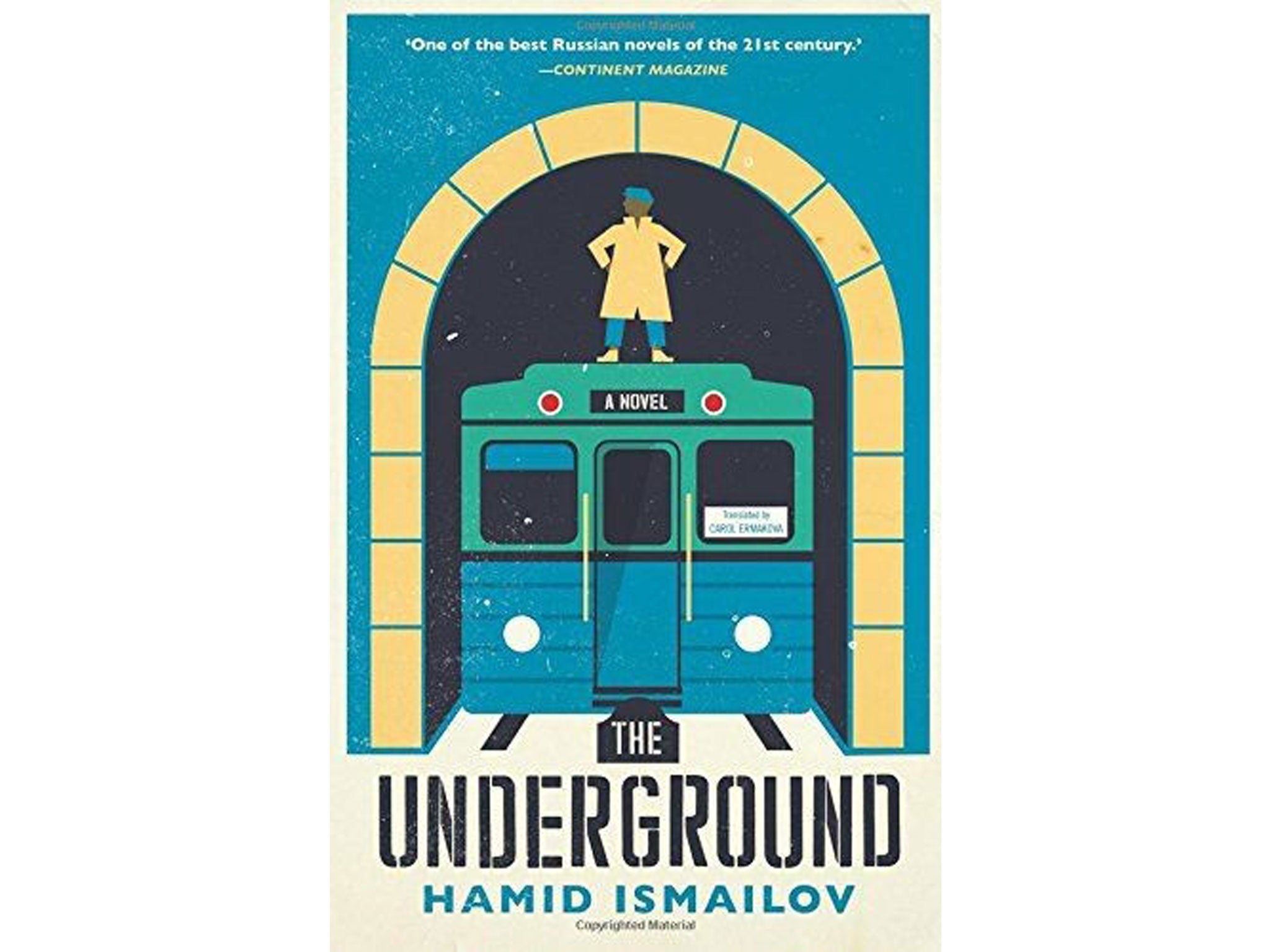The Underground By Hamid Ismailov (trans Carol Ermakova), book review
Every stop is neatly planned in Ismailov's evocative tale of the Moscow metro

Hamid Ismailov has gained a reputation as a canonical Russian author alongside his Uzbek, Tatar, Kyrgyz and Tajik heritage and British nationality. In 1992, accused of "over-democratic tendencies", Ismailov fled to London and a post at the BBC World Service. Since arriving he has written four volumes of poetry and nine novels.
This latest title deliberately references Dostoevsky's Notes from the Underground and shares the earlier work's redoubled claustrophobia, the outer mirroring the inner world. Yet Ismailov's "outside" is the glorious mausoleum of the Moscow metro, every stop is named for a writer or a politician as – here – is every chapter. From this tomb the narrator recounts episodes of his short life from 1984-1992. Born in Lenin Prospekt hospital; self-educated in Lenin Library; died somewhere beneath the Lenin Mausoleum, his is a true voice from beyond the grave.
Home became: "The metro, Moscow's womb, the belly from which everything springs forth". His short-lived mother, Mara (or Marusia), embodied the role, declaring: "I'm Moscow! Unlucky Moscow!" In fact, a Siberian, she came to find work at the 1980 Olympics, bonding with an African athlete, a fellow outsider who fathered a dark-skinned boy before departing home again.
Mara calls her son after the saintly scribe, Kirill, nick-naming him Mbobo, "a monkey or little mascot". He becomes "Little Pushkin" his blackness (and reading) linking him to the author, for Pushkin's first (unfinished) novel The Negro of Peter the Great, was based on his great-grandfather, Abram Petrovich Gannibal, an Abyssinian.
For Mbobo the pangs of hell are overground, where he is forced to observe a succession of drunken "uncles" (and some "aunts") abusing and observing his mother's degradation "with sordid eyes".
Despite such raw brutality he never becomes brutalised, loving his mother's folk stories and respecting his slatterly grandmother. Mobo's journey into and out of life maps the Soviet Union's death throes.
Ismailov's original manuscript dates to a decade ago. Carol Ermakova's translation is recent and constitutes a conundrum: either the text is wholly unedited, or it has been jarringly Americanised by the publisher. Worse still it taxes the reader's powers of visualisation with phrases such as: "I affixed my teeth to his sleeve", and "Then let us eat this goose in a threesome?"
It is a credit to the author that, like the proverbial express train advancing through the tunnel upon us, nothing can stall the immense onward rush of The Underground.
Restless Books, £10.99. Order for £9.89 (free p&p) from the Independent Bookshop: 08430 600 030
Join our commenting forum
Join thought-provoking conversations, follow other Independent readers and see their replies
Comments
Bookmark popover
Removed from bookmarks